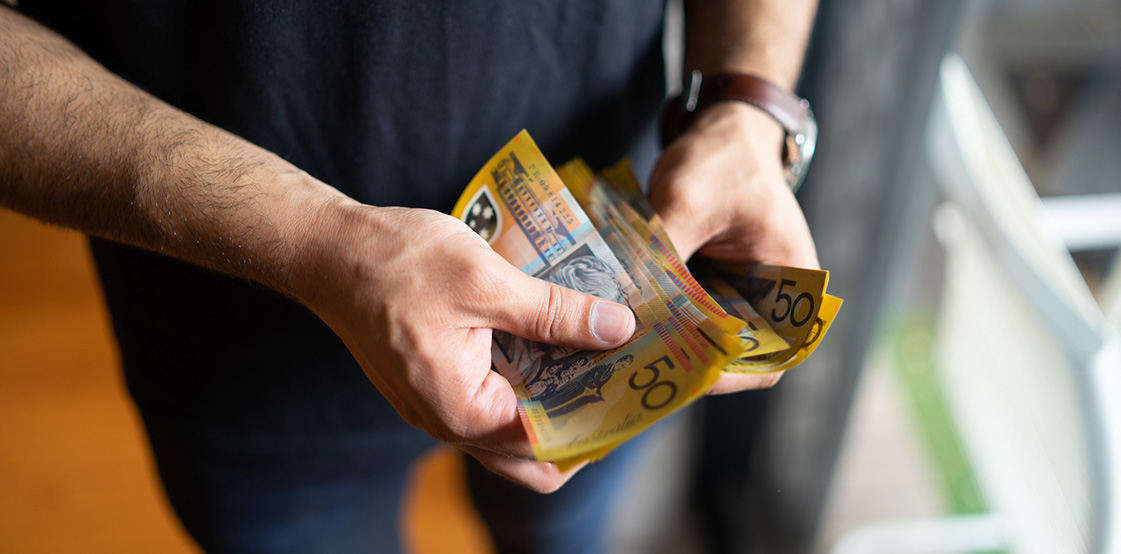A court injunction preventing the launch of a biosimilar for rituximab has been lifted, paving the way for a massive price drop for this expensive medication
A court injunction preventing the launch of a biosimilar for rituximab has been lifted, paving the way for a massive price drop for this expensive medication.
Roche, the originator of rituximab (MabThera), and Sandoz, the biosimilar manufacturer, reached a settlement in April, allowing the biosimilar Riximyo to be rolled out in Australia.
The settlement marks the end of a patent dispute between the two companies, which resulted in the Federal Court imposing an interlocutory injunction in Junelast year.
The basis of Roche’s case was that some of the indications for MabThera only came off patent in 2023, so it was a breach of patent law for the biosimilar to launch before then.
Rituximab is consistently one of the top ten medications in terms of cost to the PBS. A full rheumatological course of MabThera currently sets a patient back $6,000-$10,000.
If the patient is eligible to receive rituximab under the PBS, the cost is only $39.50 per treatment.
However, rituximab is often prescribed off-label for people with conditions like lupus and myositis, says Dr David Liew, a rheumatologist and clinical pharmacologist from Melbourne.
“Rituximab is used for a lot of rare conditions where we don’t have good solutions and patients are desperate,” he says.
“It often gets nicknamed ‘vitamin R’ because that’s what we turn to in our time of need.
“We are never ever going to get the numbers in studies to show that these drugs work on a broader scale for patients with rare conditions. And that’s a real problem because that’s the kind of evidence that we need to get a drug on the PBS.
“There is a massive unmet need.”
Biosimilars are predicted to drop the price of rituximab by 25-50% in the next few years through statutory price reduction and price disclosure.


